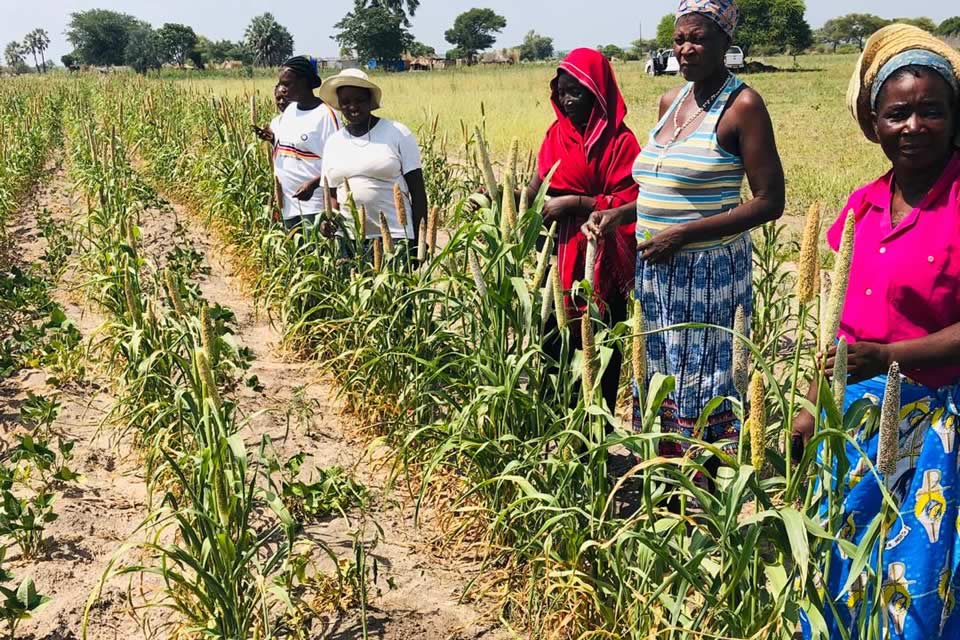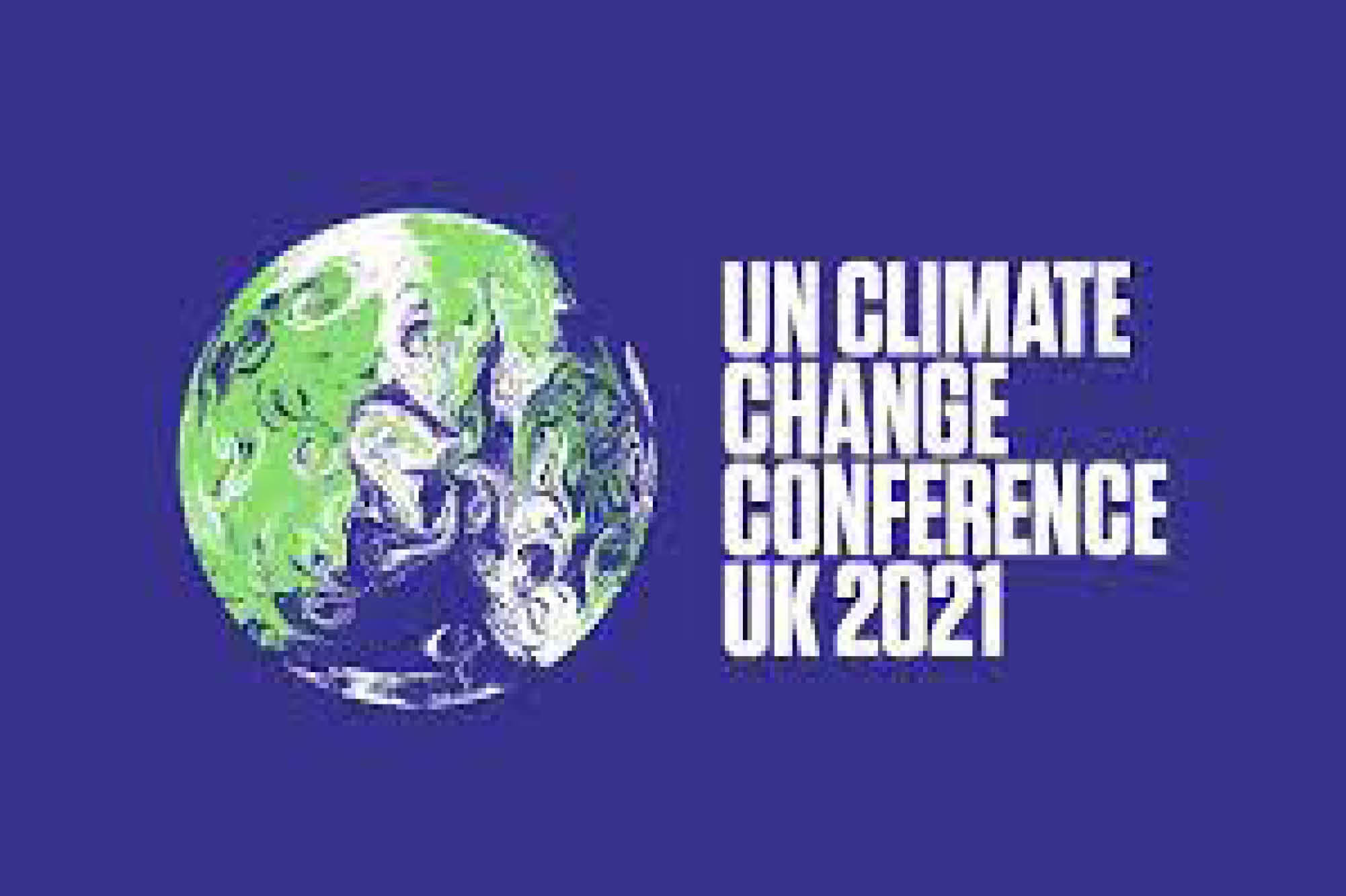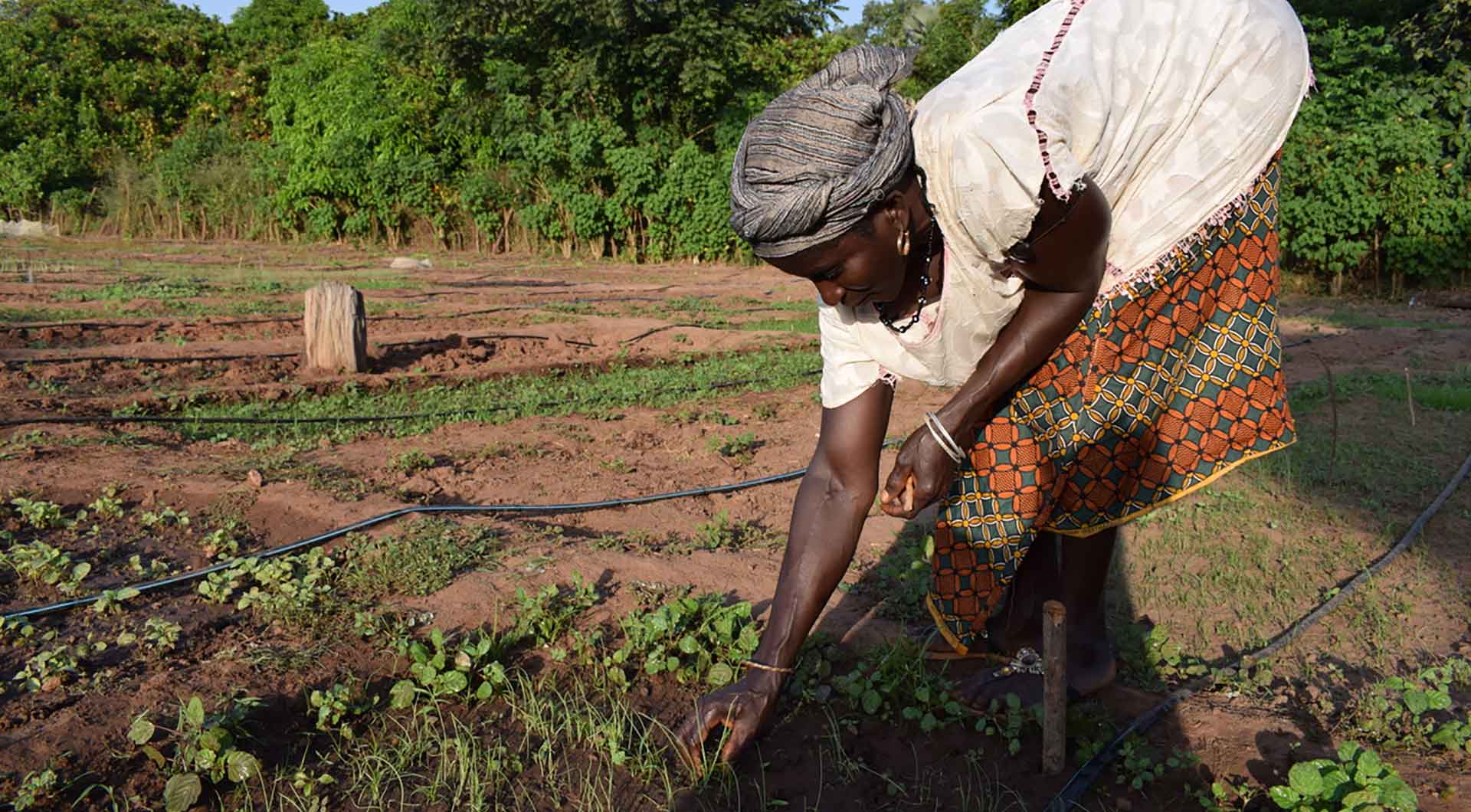
World Malaria Day is an opportunity to address the impact of malaria as a global health challenge, while spotlighting the need to join efforts for its elimination. The existence of malaria combined with the effects of climate change continue to burden the most vulnerable communities, with this reason the elimination of malaria should remain a priority.
Despite Malaria being a preventable and treatable disease, it kills a child every two minutes (UNICEF), reminding the malaria global community of the need to step up investment to increase access to life saving services that can prevent, detect and treat malaria. Gender disparities in accessing health services continue to accelerate malaria deaths among children, pregnant and lactating mothers. Getting rid of conditions that promote the emergence of malaria drug resistance is crucial in achieving end malaria global targets.
Humana People to People invests for impact in the fight to end malaria through its members working in some of the world’s highest malaria burden countries including D.R Congo and Mozambique. Our health programmes target communities and schools to reduce the spread and impact of malaria by engaging whole communities to take control of malaria through increased access to and use of malaria prevention, treatment and support services.
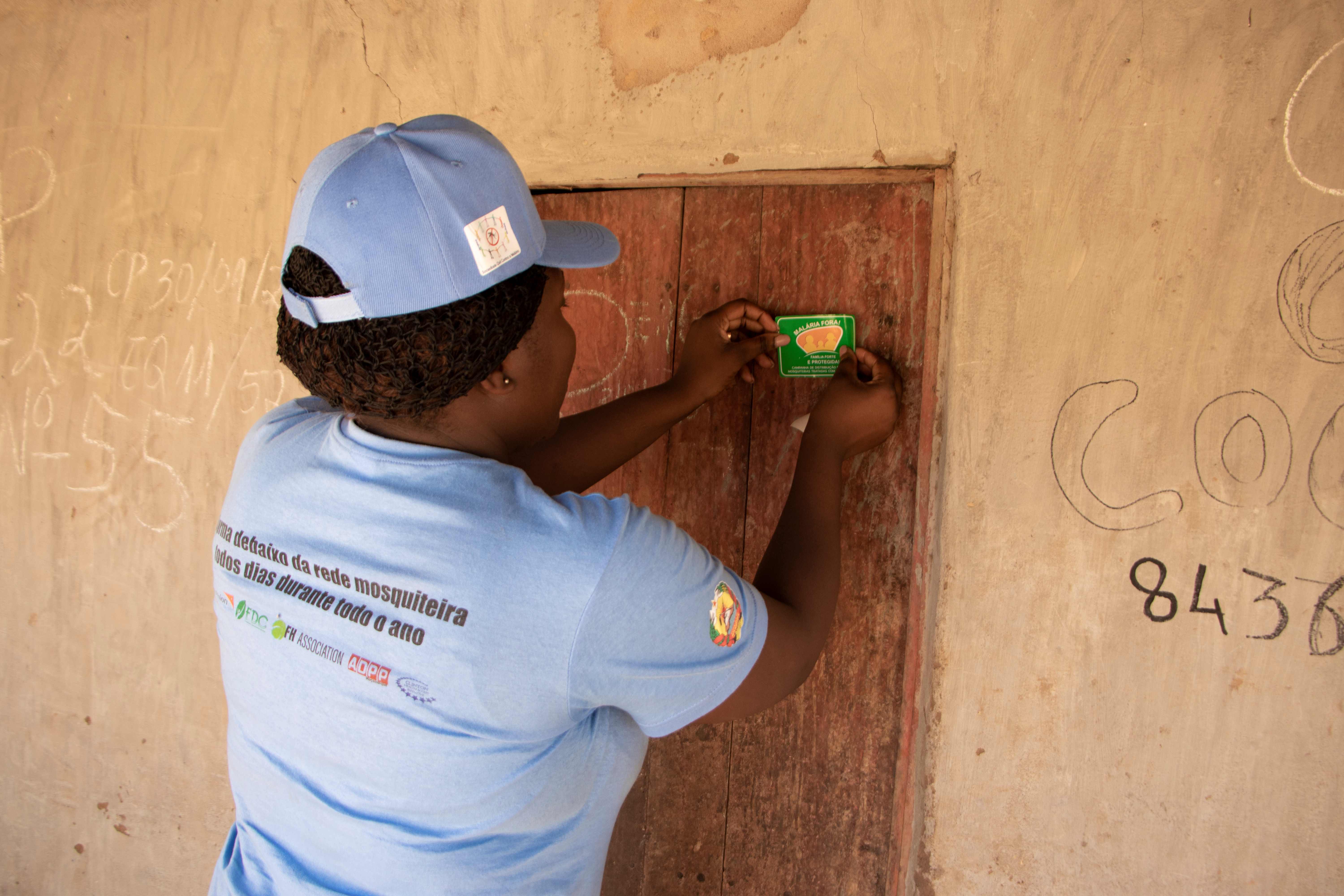
We contribute to strengthening National Malaria Control Programmes through Ministries of Health to create an enabling environment for sustainable malaria control to reach malaria elimination targets. The fight against malaria is still gender biased due to inaccessibility of medicines for pregnant and lactating women and a wider gender knowledge gap. We let communities lead in the fight to end malaria, a strategy contributing to the success of our malaria programmes where communities become agents of change taking actions against malaria.
ADPP Mozambique carries out malaria prevention activities in Niassa and Nampula provinces engaging more than 2.1 million people annually. People in the communities learn about malaria prevention, transmission, signs and symptoms as well as the importance of early diagnosis and treatment. This information is shared with community leaders, community health committees, teachers, students, and community health workers through awareness campaigns, home visits and community radio programs designed to support people in adopting preventive measures in their households. The project distributes mosquito nets, treated with long-lasting insecticide, together with the Ministry of Health in the community. This strong community involvement has resulted in a cascading reaction where more people are now teaching each other, which in turn has increased demand for early malaria testing and treatment.
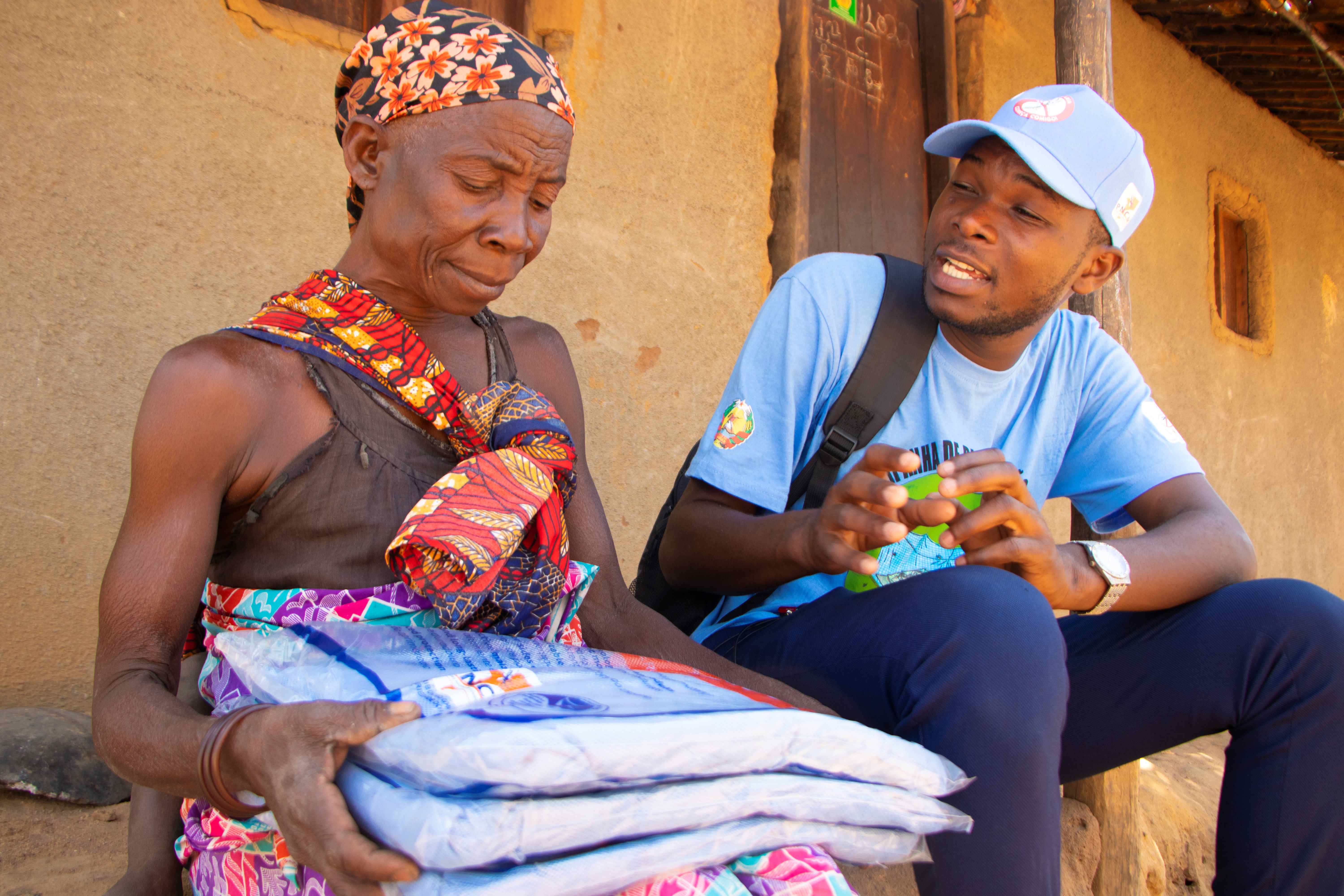
In D.R. Congo, TCE Mai Ndombe project secures that diagnosis and treatment of the three epidemics malaria, TB and HIV are made available for free to all inhabitants of the Mai Ndombe province. The project ensures the availability of essential medicine and supplies to 324 health centres and 244 community treatment centres. Local health centres are supported to use medicines and supplies to treat patients suffering from the three diseases using protocols from the Ministry of Health. The project captures data from the 324 Health Zones using the Data Health Information System 2 (DHIS) to give real time updates from the Health Zone management teams allowing further analysis of the data to make informed decisions. At community level more than 1.8 million people had access to health services close to them as result of increased availability of community treatment sites for malaria, TB and HIV. In 2023, over 700,000 people were screened for malaria, 60,000 were tested which resulted in identifying 43,000 malaria cases that were treated on site. The project distributes treated mosquito nets to prevent the spread of malaria.
We acknowledge the impact of malaria control and elimination efforts creating hope that the elimination of malaria is achievable. It only demands political leaders, decision makers, partners and communities to join forces together to prioritize investing in malaria programmes and to take actions of change at community level to get rid of mosquitoes. The wider rollout of malaria vaccine will save millions of lives amongst children through reducing severe malaria illness and deaths. We continue to push for equitable access to life saving health services using the already existing tools ensuring no one is left behind in this fight to achieve Universal Health Coverage for all.

